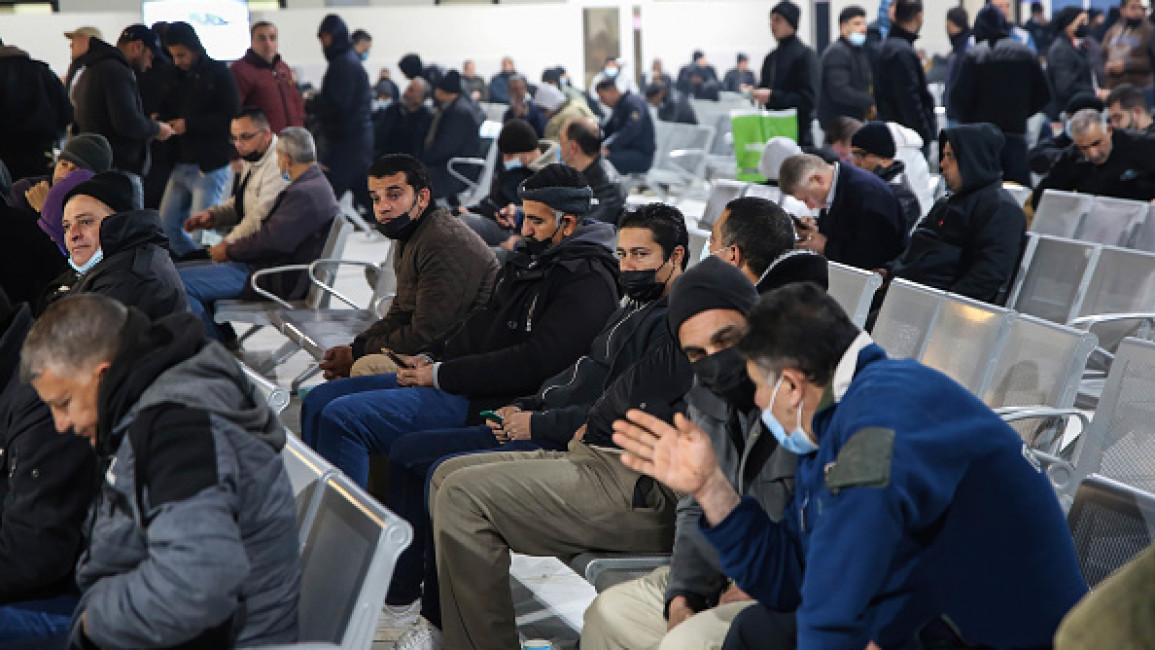Israel allows 67,769 Palestinians from Gaza to exit Erez crossing in July: OCHA
Tens of thousands of Palestinians from the coastal enclave were allowed to cross the Israeli-controlled Erez in the north of the territory in July, the highest figure since monitoring of the crossing began in 2004, according to the United Nationa Office for the Coordination of Humanitarian Affairs (OCHA).
"At least 67,769 Gazans exited the Erez crossing multiple times in July as the Israeli authorities eased their restrictions of the movement from and into the coastal enclave," OCHA said in a report issued on Tuesday.
The report added that "this is the highest figure recorded since OCHA started to monitor the crossings' activities in 2004 (...) The increase can be attributed to the improvements in the crossing conditions and the issuance of more working permits."
According to the report, up to 90 per cent of the exits were by Palestinians allowed out for work-related purposes, most of whom are employed as day labourers in Israel.
The number of exit permits for such purposes decreased from 22,219 in June to 21,970 in July, while the number of work permits issued through Israeli employers increased from 2,299 in June to 2,611 in July, the report noted.
Meanwhile, 6 per cent of the exits were by patients referred for medical treatment in the occupied West Bank or Israel, along with their companions.
Hamas issues license for companies to mediate between Gaza's Palestinian workers and Israeli employershttps://t.co/IaY9x0SHem
— The New Arab (@The_NewArab) August 15, 2023
Compared to exits in June, the number of people who passed the crossing has increased by 60 per cent. Additionally, exits witnessed 90 per cent higher than the monthly average in 2022.
"However," the report explains, "it is 86 per cent lower than the monthly average in 2000, before the imposition of category-based restrictions by the Israeli authorities. "
About 1,851 exit-permit applications were submitted to the Israeli authorities for medical appointments scheduled for July. Of them, 19 per cent were not approved on time, compared with 18 per cent in June.
Israel banned the workers from Gaza from entering Israel for the first time in 2000 following the beginning of the second intifada, and it altogether banned all workers in 2005 when the Palestinian militants managed to capture Israeli soldier Jilaad Shalit.
In 2007, Israel imposed its tightened blockade on the strip after Islamist Hamas controlled the territory. Moreover, both Israel and Hamas were involved in various military wars.
In October 2021, Israel allowed Palestinian workers from Gaza to apply for work permits in Israel for the first time since Hamas' takeover of Gaza in 2007.
The Israeli unprecedented step resulted from indirect understandings with Hamas in 2019 to keep a ceasefire between the two parties in charge of improving the economic situation in the territory, home to more than 2.3 million people.



